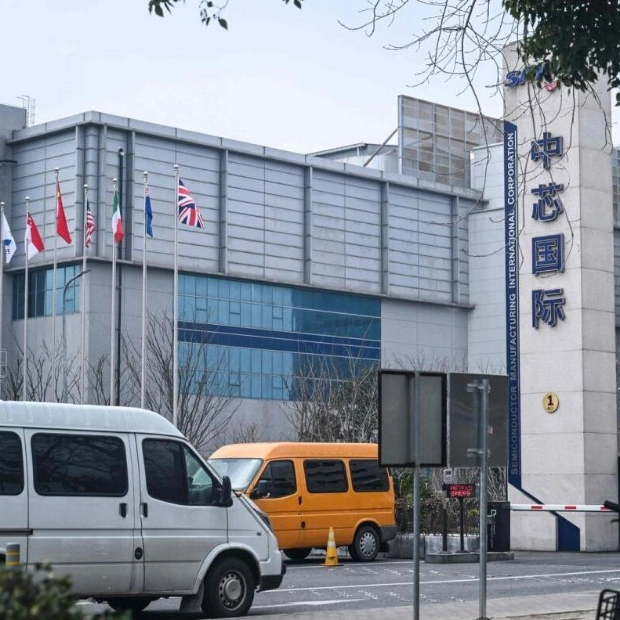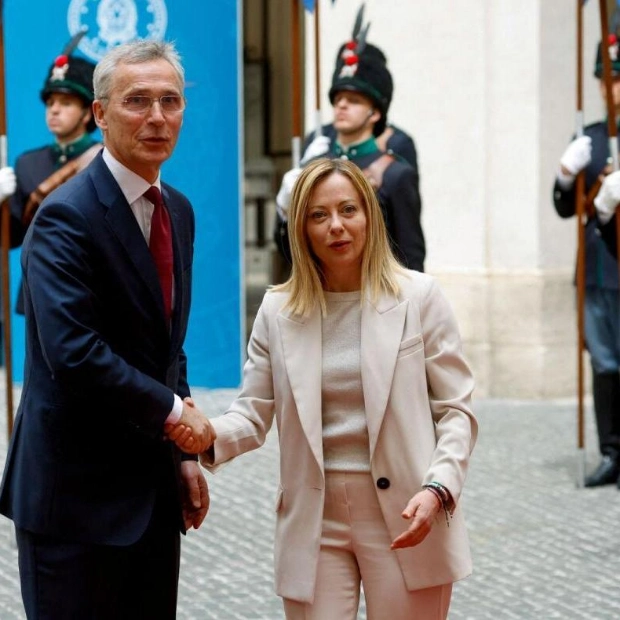In recent times, the UAE has experienced a substantial shift in its financial sector, primarily influenced by the rise of investment applications. This digital upheaval is altering how people handle their money, rendering investment more reachable and attractive to a wider audience. Users ranging from experienced investors to beginners are harnessing technology to engage in financial markets. Data.ai indicates a sharp increase in the use of investment apps in the UAE, with downloads rising from 67,300 in 2021 to 532,537 in 2023. Daily active users also climbed from 2,955 to 19,171 during this period. Analysts from UnaFinancial predict that if this growth persists, daily active users could exceed 1 million by 2028, with app downloads potentially hitting 47.2 million. Among the top 50 financial apps on Google Play in the UAE, 62% concentrate on money management and investing, with 30% offering user-friendly budget tools and 32% providing investment advice and services for stocks and other assets.
Financial inclusion is crucial for overall economic growth and for extending financial services to all societal segments, thereby reinforcing the economic base. Economies adept at saving show greater resistance to economic fluctuations and experience more stable growth. Customized savings products that cater to individual needs ensure financial services are accessible to all, unlocking substantial benefits. Emphasizing savings is also vital for enabling women and small to medium-sized businesses to enhance their investment capabilities, boosting consumption, productivity, and income, which positively impacts spending, income distribution, and societal prosperity. Analysts believe the growth of investment apps could enhance financial literacy in the UAE, which currently stands at 39%, higher than the global average but lower than that of developed countries. Investment apps are expected to help individuals make better investment decisions and navigate the complex financial landscape.
Younis Haji Al Khoori, Under-Secretary of the Ministry of Finance, stated, “The UAE’s dedication to financial inclusion is clear through its efforts to provide beneficial financial products and services, aligning with its vision of a cashless society. The focus on financial inclusion also aims to improve financial literacy and money management practices.” Al Khoori highlighted the importance of digital infrastructure in promoting financial inclusion and the increasing role of digital innovation in payment and transfer systems. He also stressed the need for policies that enhance the digital infrastructure’s ability to meet financial inclusion goals and emphasized the development of digital financial services tailored to the needs of micro, small, and medium-sized enterprises.
The UAE is committed to advancing financial technologies, accelerating digital transformation, and integrating digital solutions to enhance financial inclusivity and improve access to savings accounts. The country focuses on streamlining payment systems and reducing financial transfer costs, working with the Central Bank of the UAE to monitor and enhance digital transfers and lower transaction costs. The Ministry also promotes awareness of financial inclusion among local stakeholders and supports the UAE’s financial inclusion strategies within the G20 framework.
Investment apps like Webull, Firstrade, SoFi, Moomoo, and Tastytrade have become popular tools for everyday investors looking to gain an edge in the financial markets.






